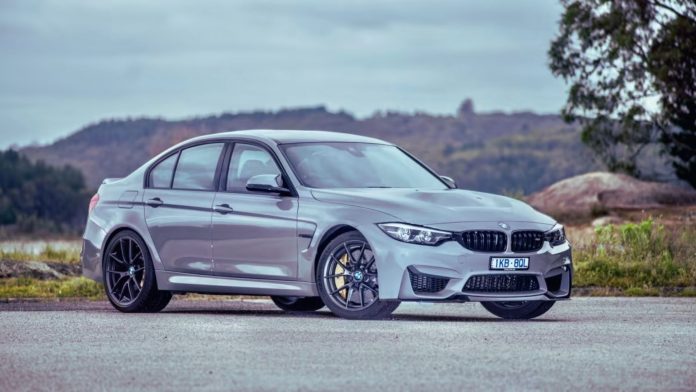Despite a decline in demand in the first quarter, BMW said it remains on track for slightly higher sales this year.
Whereas, EV sales increased year-over-year to 64,647 vehicles, the automaker delivered 588,138 vehicles. However, BMW only saw its sales growth in the U.S. by 11.4% or 89,750 vehicles. Whereas, sales in China and Europe fell 6.6% and 1.9%. Both decreases were attributed largely due to an export and production ban in the Russian market, where Chinese cars are favored by Western manufacturers.
For instance, the Russian market continues to fall for 14 consecutive months with 41,851 units sold and year-to-date highlights ratings are down 65.1% from 2022.
However, the company claimed, “Despite a ‘challenging business environment,’ BMW maintains its confidence in its 2023 guidance. Additionally, the management board member in charge of customers, brands, and sales, Pieter Nota, asserts, “The main growth in 2023 will be fully-electric vehicles and models from the high-end premium.”
On the other hand, Volkswagen saw a decline in group deliveries between January and February, although both China and North America saw growth.
Before the European Union phases out CO2-emitting vehicles in 2035, BMW and its rivals are pushing for a switch to EVs in order to stay competitive and achieve its climate targets.
Ultimately, the first-quarter volume for the BMW brand was unchanged at 517,957, while sales of fully electric cars nearly doubled to 55,979 due to high demand for the iX, i7, i4, and iX3.



